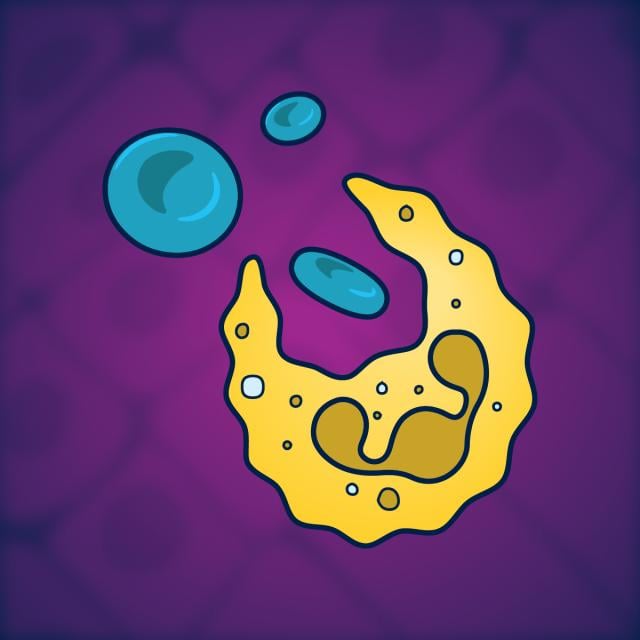MOOC List is learner-supported. When you buy through links on our site, we may earn an affiliate commission.

MOOC List is learner-supported. When you buy through links on our site, we may earn an affiliate commission.
Course 3 of 5 in the Immunology: The Immune System and its Failures Specialization.
What You Will Learn
- In this course, you will learn about the consequences of the imbalance between the effector and regulatory immune responses.
- You will also take a closer look at the potential mechanisms behind autoimmunity in the context of common autoimmune conditions.
- You will examine the exaggerated/unnecessary immune reactions to innocuous particles, observed in allergies and hypersensitivity reactions in asthma.
Syllabus
WEEK 1
Introduction to autoimmunity
Autoimmunity, characterised by self-aggression by the immune system, is a series of highly complex and multifactorial conditions which result from uncontrolled immune responses. In module one, you will explore the mechanisms involved in autoimmunity, investigate autoimmune disease types and discuss novel treatments.
WEEK 2
Systemic lupus erythematosus (SLE)
In the company of our world-wide expert, module two will present a common autoimmune condition, systemic lupus erythematosus in more details. Together, you will explore the causes and risks factors at the origin of the condition, you will focus on the immune origins of the diseases and touch on the impact of environmental factors.
WEEK 3
Haematological autoimmune conditions
In module three, you will explore two autoimmune conditions affecting specific blood components. Using these two conditions, our expert will illustrate their causative immune dysregulation, their pathogenesis, and current treatment strategies. Finally, the course will illustrate additional autoimmune blood condition and detail their immunological cause.
WEEK 4
Asthma and allergic reactions
Asthma and allergic diseases constitute the most common chronic inflammatory disorders, particularly in children, with constantly increasing prevalence in Westernised countries. Module four will explore these complex conditions. The interactions between genetic and environmental factors as well as the involvement of immune players, notably the cells subsets that are involved, and the research that is being conducted to develop novel treatment strategies.
WEEK 5
Antibody-mediated transplant rejection
Module 5, last one in this course, will focus on transplantation and the role of the immune system in this life-saving intervention. By exploring the involvement of both innate and adaptive immune cells and molecules, your will ultimately better understand the therapeutic measures taken to ultimately prevent graft rejection.
MOOC List is learner-supported. When you buy through links on our site, we may earn an affiliate commission.
MOOC List is learner-supported. When you buy through links on our site, we may earn an affiliate commission.
